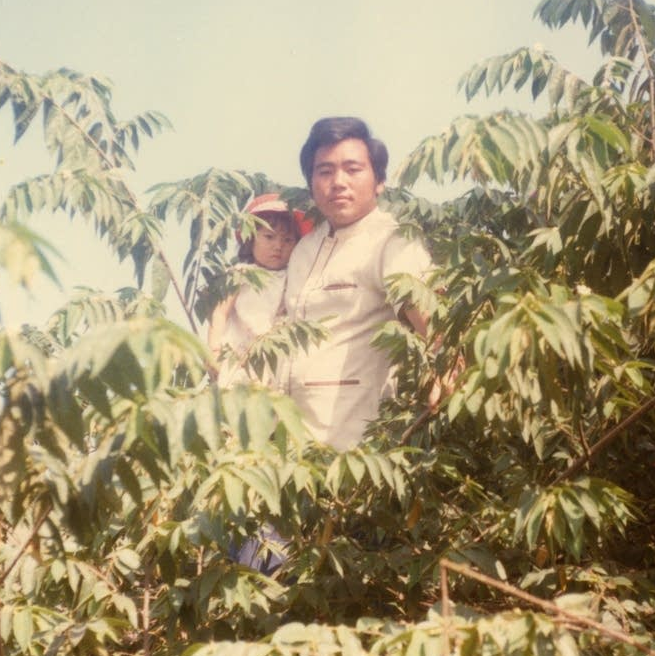In December 2022, Esquire treated its readers to a list of the 50 Best Biographies of All Time, magisterially curated by Adam Morgan, the omnivorous founder of the Chicago Review of Books. For the most part, we’re talking expertly spun narratives by artful scribes whose subjects’ marquee value sells lots of books. But check out this thumbnail: “Bee Yang, a Hmong refugee who immigrated to Minnesota during the Laotian Civil War, shared the story of his people through singing poetry. His own story will absolutely make you cry.”
Kao Kalia Yang’s The Song Poet: A Memoir of My Father ranks No. 16 on the Esquire list—trailing top-drawer lives of Frida Kahlo, the twelve Caesars, George Washington, and Malcolm X, but ahead of Joan of Arc, Muhammad Ali, Shakespeare, and Steve Jobs. Perhaps even more astonishing, when the list came out, the book was already in development as an opera, with music by Jocelyn Hagen and a libretto by Yang herself. The premiere is set for March 9 at the Minnesota Opera’s 275-seat Luminary Arts Center, in Minneapolis.

The principal characters—including Bee Yang, who is still alive—belong to the Hmong minority ravaged and displaced by the “Secret War” in Laos that America waged from 1964 to 1973 alongside the main event in Vietnam. Geography is destiny. To disrupt Soviet supply chains through officially neutral territory, America rained down on Laos more bombs per capita than have been dropped on any other nation on earth.
As in the book, “the iron eagles” have a presence in the opera, but most of the action focuses on the Yang clan’s escape and later life in America. Before the 20th century overtook the Hmong, they were mountain folk, clearing tiny gardens, foraging in the woods. Some were shamans, caring for the sick and allaying angry ghosts. Yang, who was born in a Thai refugee camp, honors her family’s tenacity in spare, granular vignettes.
When the Minnesota Opera approached Yang about adapting The Song Poet, the idea was to entrust the libretto to a credentialed pro. When that person got it all wrong, she took a deep breath, improvised, and crunched a 300-page narrative spanning continents, generations, and cultures down to a magic-realist stage parable.
“From the beginning,” Yang says from her home, in Minneapolis, “I knew I wanted to start with the image of my father as the boy Young Bee on top of a tree looking to the place in the mountains where his lost father might be. The search for fatherhood is one of the stories of my father’s life.” Often, Yang’s scenes are most poignant where they are most playful, with trees that sing and mountains that sing and dogs that do not bark.

In Minnesota, home to America’s largest Hmong community, Bee eked out a living polishing industrial-machine parts for low wages and no respect. But his compatriots revered him as a “song poet” in whose words and cadences the memory of the homeland and lost loved ones lived on. He wrote nothing down and sang at public gatherings only because people insisted. “He came from the stage physically exhausted, like from a boxing ring,” Yang says. “When his mother died, he stopped singing. He says his heart was broken, and the songs leaked out.”
Hagen, a composer trained in Western traditions, has found room in her score for traces of authentic Hmong inflections. Where the mostly English-language libretto briefly shifts to Bee Yang’s mother tongue, Hagen matches the words to melodies supplied by the song poet himself. Well-wishers will see him in the house on opening night, along with his wife, Chue, and six of their two Asian-born and five American-born children, all seated in the front row. “My mother hopes she won’t cry,” the storytelling daughter says. “She wouldn’t want people to see that.”
The Song Poet will be on at the Minnesota Opera beginning March 9
Matthew Gurewitsch writes about opera and classical music for AIR MAIL. He lives in Hawaii

